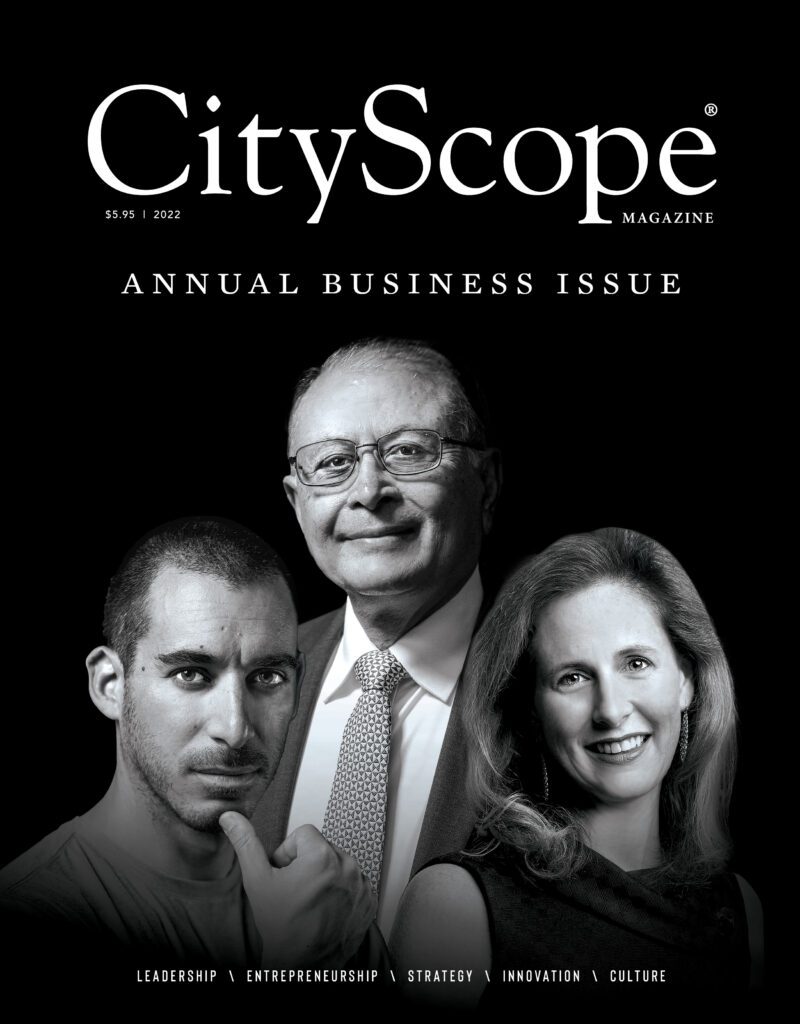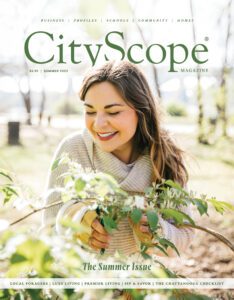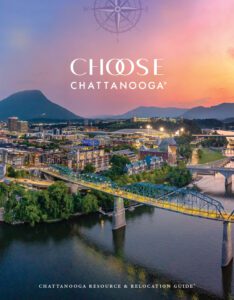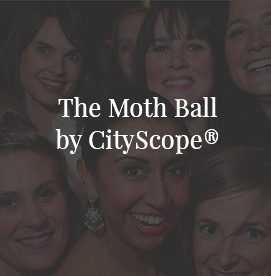What Is Corporate Social Responsibility?
—
A somewhat broad term, corporate social responsibility refers to a company’s efforts to improve society in some way. Whether it’s donating money to nonprofits, organizing volunteer opportunities, or implementing policies that promote environmental sustainability, the efforts are designed to make the world a better place to live and work.
Industry leaders across the country have developed impressive corporate social responsibility strategies that are making an impact. Starbucks, for example, launched a social responsibility strategy centered on community, ethical sourcing, and the environment as a part of CEO Howard Schultz’s “Transformative Agenda.” The company has pledged to hire 25,000 military veterans by 2025 and 10,000 refugees by 2022. It only partners with farmers and suppliers that follow certain ethical standards, and it plans to double the recycled content, compostability, and reusability of its cups and packaging by 2022.
Known for its reliable batteries, Duracell launched a program called PowerForward that’s designed to aid areas hit by hurricanes, floods, and tornadoes. Beyond distributing approximately half a million free batteries to families facing outages, the company also provides free internet access and charging stations so that families can connect with loved ones. In the event of a disaster, the PowerForward trucks are strategically placed throughout the United States so that they can reach any destination within 24 hours.
Lego, every child’s favorite plastic toy block, has put an initiative in place to improve the world we live in. Through the Sustainable Materials Center, Lego partnered with creative partners like the World Wildlife Fund and hired employees focused on improving the brand’s carbon footprint. The ultimate goal is to make all Lego bricks from fully sustainable materials by 2030.
Disney, among other initiatives that focus on international labor standards and environmental stewardship, developed an employee volunteer program known as VoluntEARS. Through this, cast members and their families can turn their hours of volunteer service into a financial contribution to a nonprofit of their choice. This allows them to contribute to projects that are personal and meaningful to them.
Why Now?
—
Corporate social responsibility has made the shift from optional to expected in recent years for reasons ranging from political concerns to corporate distrust and competition. Employees and consumers alike want to support companies that care about social issues.
It’s also gaining traction because it represents an almost unheard of “win-win” for all involved. For businesses, it can improve a company’s public image, boost employee engagement, increase media exposure and brand awareness, and even attract and retain investors. On the employee side, it presents a positive workplace environment and increase in creativity; not to mention, it promotes individual philanthropy and encourages professional and personal growth. And for the organizations and nonprofits the social responsibility is set out to help, it brings financial growth and volunteer hours.
Home Is Where the Heart Is
—
Locally, companies across various industries have fully embraced the importance of corporate social responsibility and are working toward the betterment of the world each day. While too many to feature in one article, what follows are six organizations that have made social responsibility a part of their corporate culture and business philosophy.





